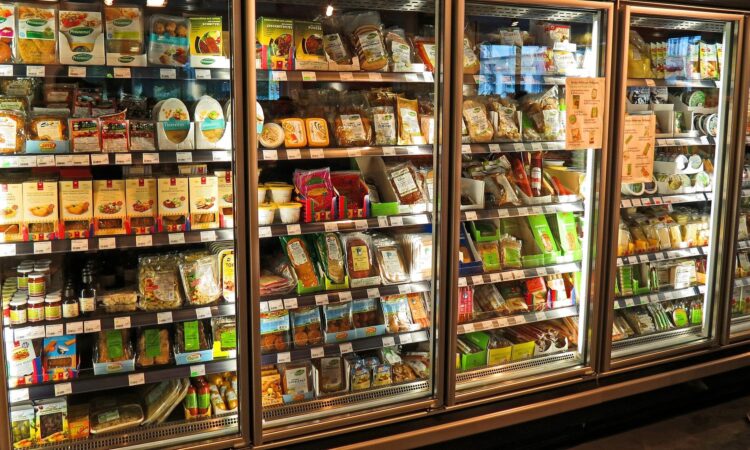
× close
Food crime costs the UK economy up to £2 billion a year, according to a new report, published by the Food Standards Agency (FSA).
University of Portsmouth researchers worked with the FSA to help estimate the cost of food crime to the UK. “The Cost of Food Crime” report has found that the cost of food fraud to consumers, businesses and government is between £410 million and £1.96 billion per year.
People are often unaware that they are a victim of food fraud, but food crime can be seriously harmful to consumers, food businesses and the wider food industry. It can involve selling food or drink that isn’t what it says it is, or that includes cheaper ingredients than the ones listed on the label. This activity places a heavy burden on businesses and local authorities, as well as the criminal justice system.
The model to estimate the cost of food crime was developed by a University team involving economists, led by Dr. Adam Cox, and criminologists Dr. David Shepherd and Professor Mark Button. Dr. Edward Smart and Gerald Miller turned the model into a machine learning-led database to calculate an estimate based on reported crimes. The project partners included Dr. Karen Evenstine of Decernis (a food fraud database) and Dr. Ansgar Wohlschlegel from University of Swansea.
Professor Lisa Jack, an expert in food systems and food crime at the University of Portsmouth and the project leader, said, “This is the first time a team has been able to calculate a cost of food crime on the economy from data on individual crimes, rather than using proxies. We were pleased to work with the Food Standards Agency to develop this ground-breaking model.”
The FSA, working with food industry partners, has published (10 October) a set of proposals from the Food Fraud Working Group that will strengthen the collective response to food crime:
- launching a new freephone number for the food fraud hotline to make it easier for people to speak up and share their concerns;
- working with industry on ways to encourage food fraud whistleblowing;
- strengthening information sharing arrangements between the third-party auditors used by food businesses, and the FSA, to help prevent criminal activity;
- improving how the FSA issues intelligence-based alerts to better warn food businesses about potential food fraud in supply chains.
The FSA has also published a second report called “What works to prevent food fraud,” which highlights ways to complement their existing food fraud prevention work and strengthen lines of defense against fraudsters.
Emily Miles, CEO of the FSA, said, “The UK has some of the safest and most authentic food in the world, but there will always be a threat of criminality in the food system.
“Food businesses are the first and most important line of defense and we want to support them. This is one of the reasons why we launched a working group to explore whether some areas of our collective response to food crime can be improved. Together, we’re making it easier to share intelligence and information by helping people who work in the food system to share their concerns with us freely and confidentially.
“Our research suggests that for businesses and consumers feeling the financial strain, the cost of food crime still matters.”
Helen Sisson, Director and Co-Chair of the Food Industry Intelligence Network, said, “We are pleased to be taking action with the FSA and our partners in the food industry to strengthen the way we can prevent food crime in our supply chains. Cooperation and communication between every part of the food system is vital to protect the public and the global reputation of UK food.”
More information:
Adam Cox et al, The Cost of Food Crime Phase 2—Project Brief and Deliverables, (2023). DOI: 10.46756/sci.fsa.nwo997






